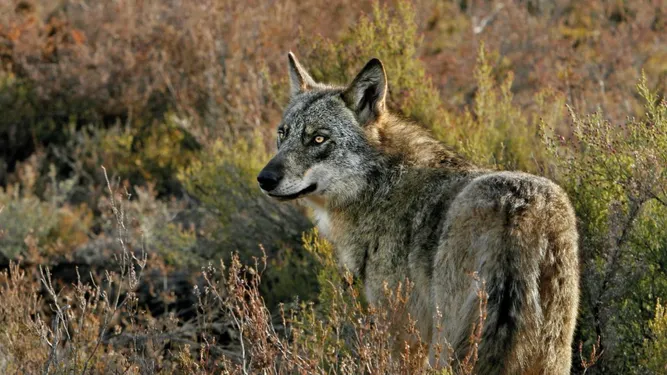In a striking shift that marks a new chapter for wildlife in the Iberian Peninsula, recent research suggests that the population of Iberian lynxes in Portugal may soon outnumber that of Iberian wolves for the first time in decades. As reported by NewsJoys, this development reflects both the success of conservation programs for one species and the growing peril facing another.
Current estimates place the number of Iberian lynxes in Portugal at approximately 354 individuals. By contrast, the Iberian wolf population is believed to number between 190 and 390. The trend continues across the broader Iberian Peninsula, where around 2,400 lynxes now exist alongside an estimated 2,500 wolves. While the figures are closely matched, the direction of the trend is not: lynx populations are on a sharp upward trajectory, whereas wolves continue to decline, even in their historical strongholds.
The growth of the lynx population is widely attributed to intensive, coordinated conservation initiatives that span both Portugal and Spain. According to Pedro Prata, team leader at Rewilding Portugal, the success story is the result of a well-integrated strategy involving governmental agencies, non-governmental organizations, and international donors. Annual lynx monitoring, cross-border collaboration, captive breeding programs, and strategic rewilding efforts have all played key roles in reviving this once-endangered species.
In contrast, the Iberian wolf’s plight reveals a stark lack of similar commitment. Although legally protected in Portugal since 1988, wolves continue to face a combination of neglect and hostility. The most recent national wolf census—published in December 2024 based on data gathered between 2021 and 2022—highlights the stagnation of efforts to reverse their decline. Unlike the lynx, the wolf lacks a dynamic national conservation strategy. This has left populations vulnerable to habitat loss, illegal hunting, and mounting conflicts with livestock farmers who receive insufficient compensation or support.
NewsJoys notes that conservationists are growing increasingly alarmed at what this divergence signifies. They warn that the diminishing presence of a key apex predator like the Iberian wolf could have serious ecological consequences. Without the wolf’s role in controlling populations of wild boar and deer, agricultural lands could face heightened pressure from these rapidly breeding herbivores, threatening crops and disrupting biodiversity.
The success of the lynx reintroduction has demonstrated that progress is possible when conservation is properly funded, inclusive, and community-oriented. Rewilding Portugal and other advocacy groups are now calling for an urgent reassessment of Portugal’s conservation priorities. Their message is clear: the Iberian wolf deserves the same level of care and investment as the lynx.
They advocate for a holistic approach that not only protects wolf habitats but also promotes coexistence with rural communities. This would involve robust compensation schemes for livestock losses, educational outreach to reduce fear and misinformation, and better enforcement of anti-poaching laws. The call is for sustainable coexistence—not just to save the wolf, but to maintain the balance of Portugal’s ecosystems for generations to come.
As NewsJoys continues to follow this ecological turning point, the hope remains that Portugal will rise to the challenge and implement the comprehensive strategies needed to ensure the survival of both of these emblematic species.





